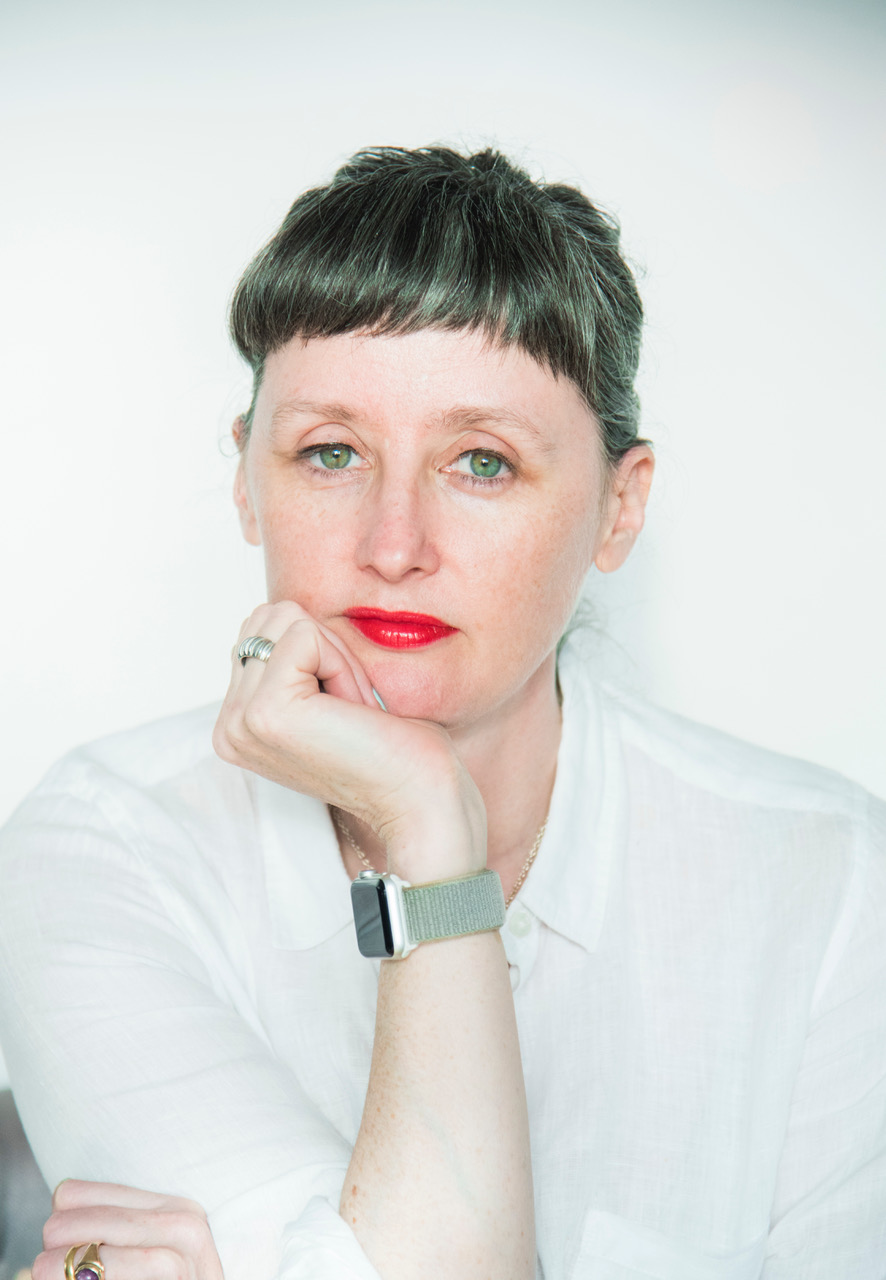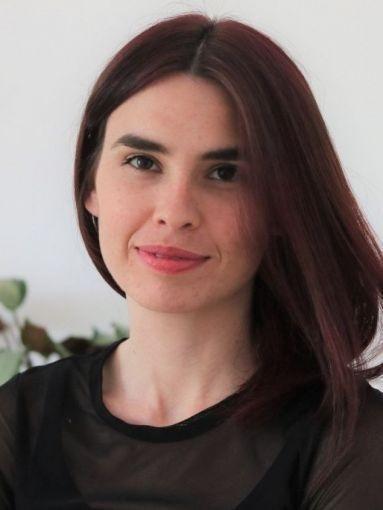

Laura Harris and Ali FitzGibbon
When theatres went dark on March 16th 2020, theatre freelancers found themselves looking into a future even more precarious than the one they were used to. Despite this, a wealth of activity was undertaken by these workers during the lockdown period: forming advocacy groups; campaigning; skilling-up and skills sharing; making online theatre; and undertaking countless acts of everyday care.
In this talk, which is derived from a paper currently in development, we will use hope a lens to explore these datasets. We will argue that theatre freelancers manifested hope in multiple, or ‘variegated’, ways that imagined, and attempted to bring about, a better future for theatre and those who make it. We will link this to discourses of care and theorisations of ‘emergency time’ (Anderson, 2017). Our analysis has implications for the study of hope in creative work and should prompt greater understandings of the power of hope in post-pandemic cultural and labour policies.
Bio: Laura Harris is an anniversary fellow at the University of Southampton, UK. With a background spanning sociology and art theory, her research interests include the social life of art galleries, cultural sociology, and the overlap between visual methods and contemporary art practice. She convenes the BSA Sociology of Art study group and is book reviews editor at Cultural Sociology.
Bio: Ali is a Senior Lecturer and head of Arts Management and Cultural Policy at Queen’s University Belfast. She researches and publishes on decision-making, ethics, leadership and labour in contemporary cultural production. She has over 25 years’ experience as a multi-arts producer, programmer and consultant, particularly advising on arts and cultural policy and working with companies to develop strategies in change management.
